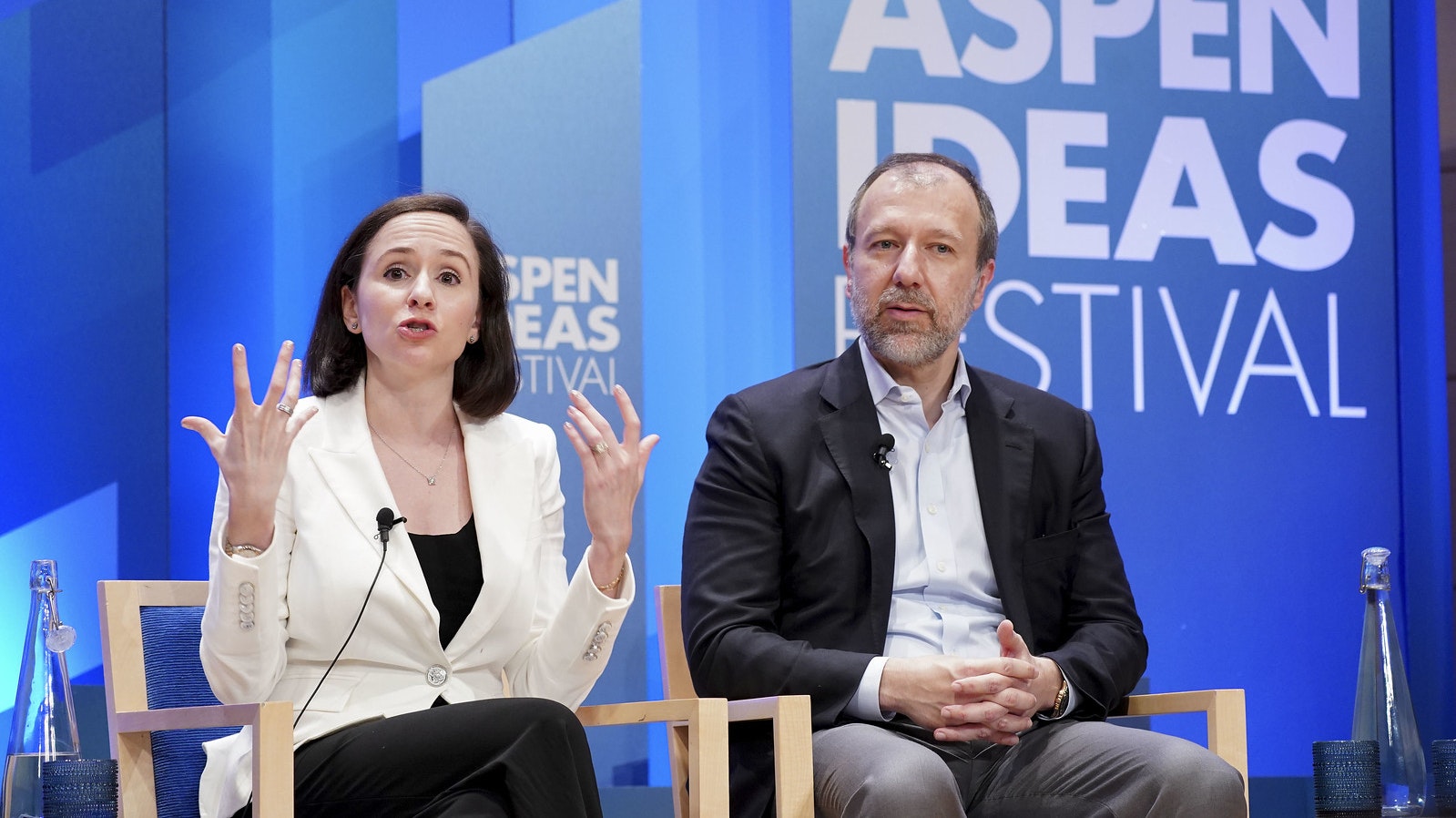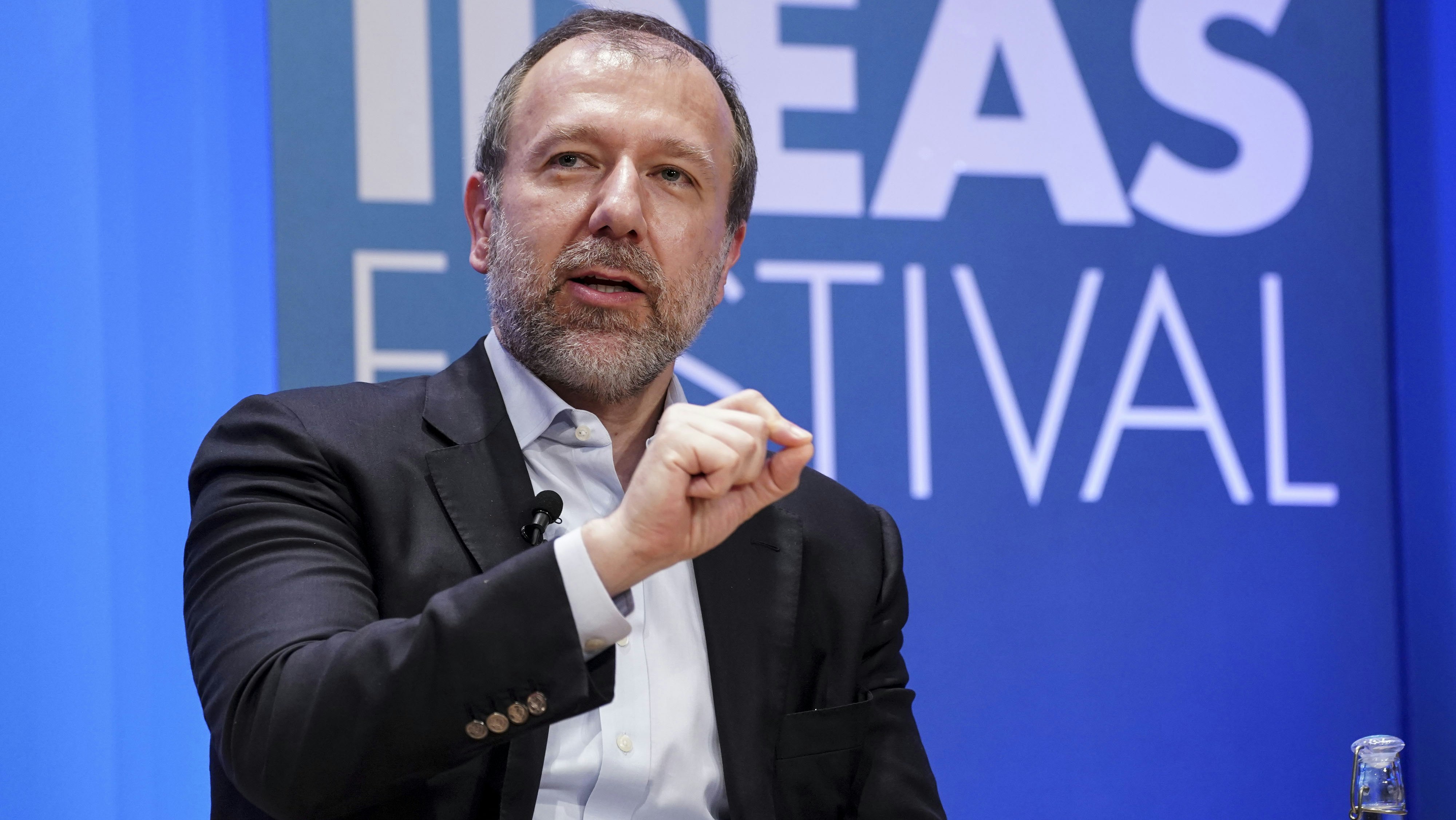
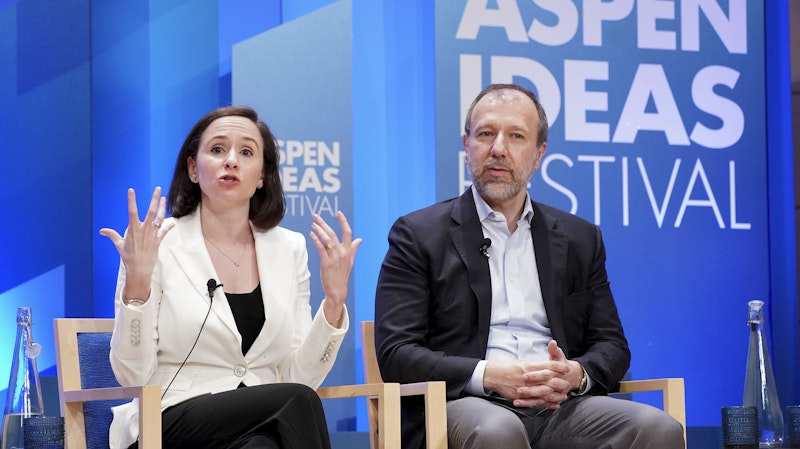
Make China Great Again: Xi's Vision for Supremacy
Setup
The US government misjudged the rise of China over the last decade — as the country has grown in economic power, it's become more rambunctious internationally, not less. Its Belt and Road Initiative is winning over countries that used to be US allies. It’s expanding its military power and reach in the South China Sea, attacking US companies in cyberspace, and advancing in critical emerging technologies, like AI and 5G. Together, these successes represent the vision of its unchallenged leader, Xi Jinping, who has consolidated his power even as the country faces new global headwinds on trade. How does the United States avoid becoming the second most powerful country in the world?
China under Xi is an arrogant power
Xi Jinping became president of China in 2013, and under his leadership China has radically transformed itself at home and abroad. Former Mexican Ambassador to China Jorge Guajardo draws years of diplomatic experience with China when moderator James Fallows asks the panel to describe China under the leadership of president Xi Jinping:
Under Xi Jinping, Guajardo says he saw a noticeable shift in how China views its relationship with Mexico. Whereas China used to glean insights and policies from Mexico, Guajardo sees China now as an arrogant power that believes it should be an example to others.
The US misjudged China’s path to ascendency
China’s rise to near-peer status with the US is no surprise to those who were paying attention, says international security expert Mira Rapp-Hooper. But if the international community was expecting China to look more like other world powers, they were wrong:
(this excerpt has been lightly edited for clarity)
-

Mira Rapp-Hooper: China, as it has risen, has essentially dashed some of the deepest held hopes of US policy makers about what China would look like as it rose. There was the hope that as China grew stronger economically it would democratize, and there also was the hope that as China joined the so-called international order — the web of norms institutions, rules and regimes — that it would become more like that order rather than changing that order. And according to many policy makers and thinkers in Washington DC, both of those sets of assumptions or hopes have proven false.
As China has grown, so has its grip over Chinese society. Instead of liberalizing, the Chinese government continues to consolidate economic and political control.
The best policies to counter China are proactive, not reactive
As China modernizes and grows across sectors, the US has swung dramatically from downplaying China’s capabilities to considering them an existential threat. Elsa Kania of the Center for New American Security, advocates for a measured approach to China that emphasizes proactive domestic policies like strengthening the US’ technology and education sectors:
Can China balance modernization and control?
China is pursuing seemingly contradictory strategies as its society and economy modernize in tandem, says Elsa Kania. The Chinese government wants to maintain tight control over much of the Chinese economy, but also seeks the innovation of tech companies that traditionally thrive under loose regulation. And as Chinese society advances technologically and economically, the government has limited democratic norms.
Why it Matters
Elsa Kania thinks that the state-driven approaches China relies on may backfire. Unilateral investment in technologies can often stifle competition. Kania uses the example of artificial intelligence to highlight how China’s control over AI development might result in bad investments. Additionally, when the Chinese government assumes control over the development of technologies, they are also liable for failures.
Learn More
Additional Information
Explore More
World

Global conflicts and health crises have put into stark relief deeply-ingrained gender roles in society. Yet the past years have also seen record-high numbers of women running...


Creativity is as intrinsic to our species as any of our basic instincts, says Debbie Millman, designer and curator. But for millions of people in the United States, the abilit...

Of course, Black history shouldn’t just be a month-long nod on our yearly calendar — it is inextricable from American history and fundamental to the very soul of our nation an...


Scholars are still uncovering information about Britain’s involvement in the transatlantic slave trade and its era of slavery, piecing together how the wealth generated from t...


Many more Americans are struggling to survive and make ends meet than is typically portrayed in the media and public policy debates. And when poverty is depicted, harmful and...

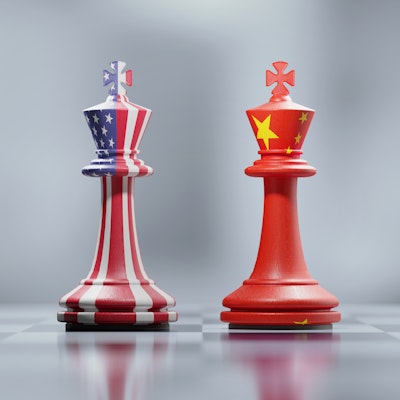
Relations between the United States and China have become increasingly tense over the past few years. Trade wars have escalated, and U.S. national security experts are bracing...


America’s “second founding” came on the heels of the Civil War, when the architects of the 13th, 14th and 15th amendments thought long and hard about how to enshrine civil rig...


It’s been decades since the United States has updated its immigration policies in any sort of comprehensive way, and the problems and suffering at the southern border have per...

Three people whose lives have been irrevocably changed by the Israel-Palestine conflict share their stories of profound loss, grief and forgiveness.


Whether they publicly tout it or not, U.S. technology companies play a powerful role in politics, cultural issues and the way we live. Founder and investor Peter Thiel is one...

The 2024 presidential election is only months away, and the past few weeks alone have brought shocking headlines that change the political ground we stand on — an attempted a...


Sizable electorates around the world are flocking to populist candidates who promise power, domination and a return to better times. The global experiment in liberalism seems...


Conflict and suffering can bring out the worst in people, but it can also bring out the best. This is one of the lessons New York Times columnist Nicholas Kristof has learned...

The war in Ukraine continues to reshape European security and global alliances, while the war in Gaza raises urgent questions about humanitarian aid and international interven...


The federal right to abortions in the United States has been overturned, access to contraception and IVF services are threatened in many states, and the gender wage gap persis...


The grim stream of news from the Middle East has been making it more and more difficult to hold onto hope for peace. When and how will the conflict in Gaza end? And could war...


The Supreme Court has issued another series of controversial and consequential decisions this term, fueling discussion on the current state of the judicial branch. Recent poll...
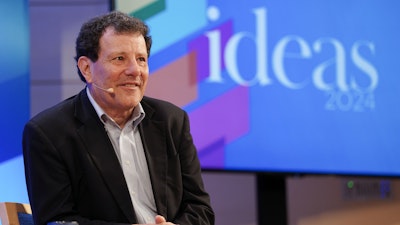
As one of the foremost reporters of his generation, Nicholas Kristof has been witness to century-defining events and atrocities around the world. How has he managed to weaponi...


The rollback of reproductive rights, the push to end no-fault divorce, and gun laws that allow domestic abusers to own a firearm are turning the clock back on women’s rights....


